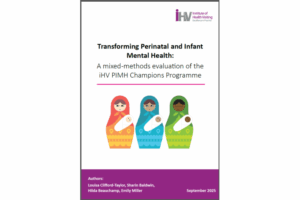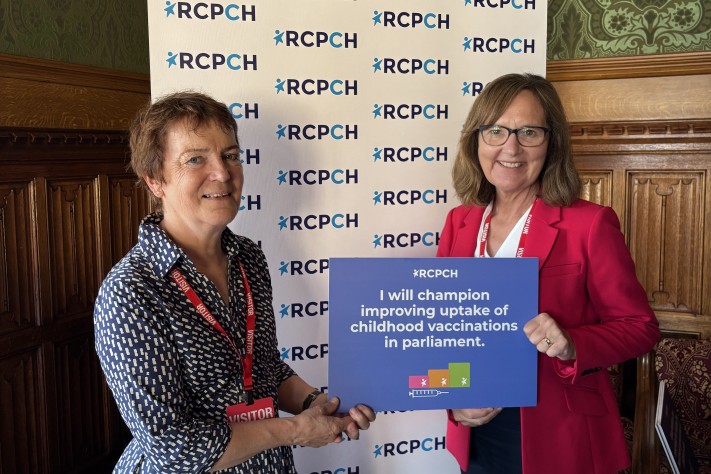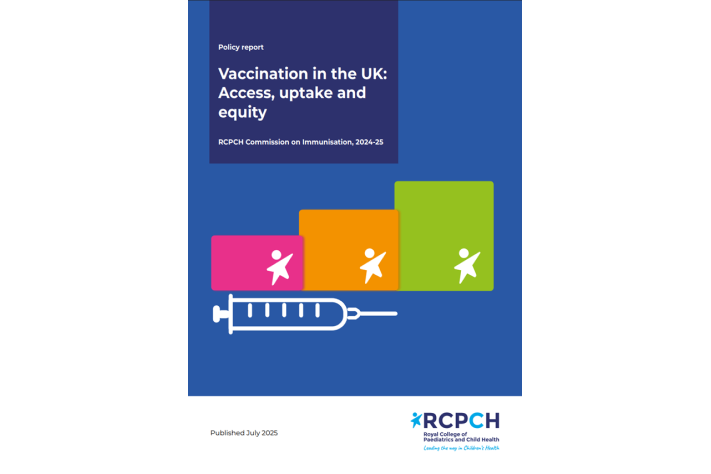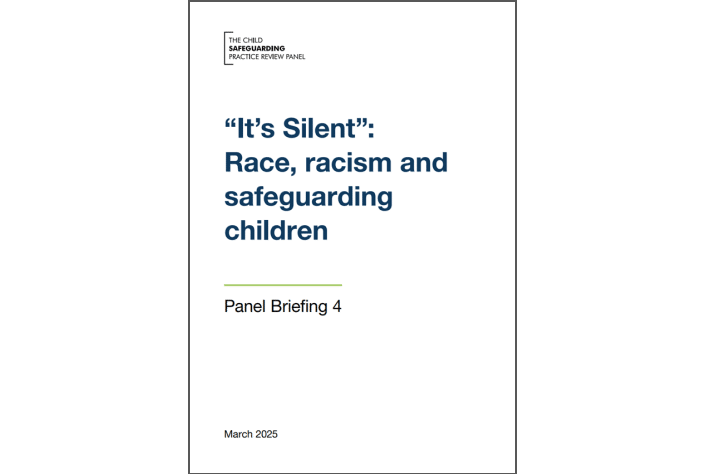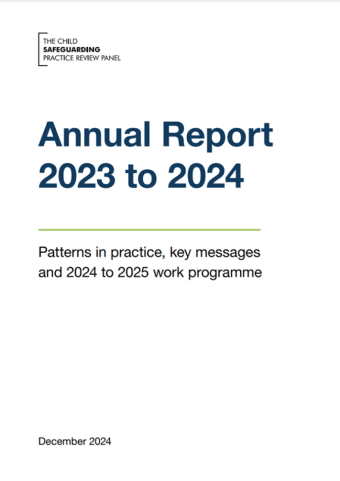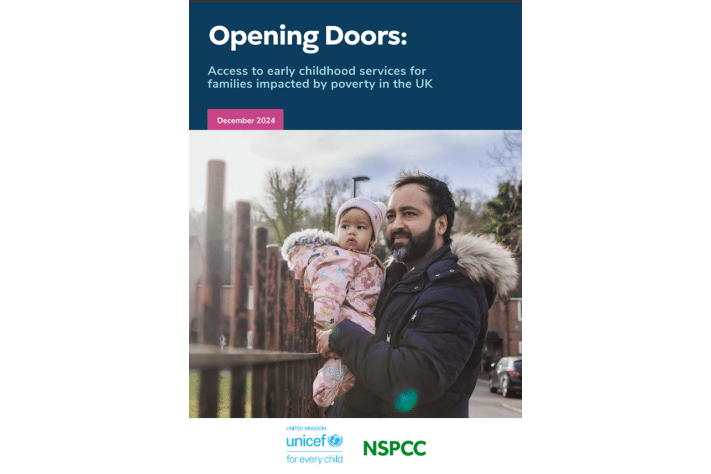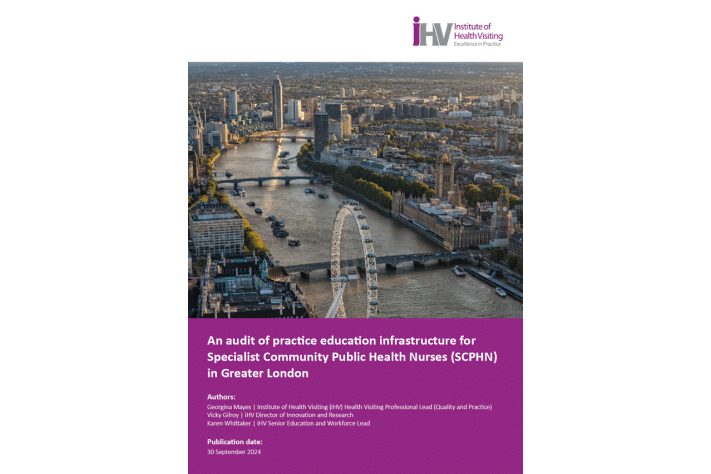iHV publishes ‘Transforming Perinatal and Infant Mental Health: A mixed-methods evaluation of the iHV Champions Programme’
The iHV is delighted to share the very positive findings of a mixed-methods evaluation of their flagship Perinatal and Infant Mental Health Champions Training Programme. Results suggest that the Programme is a credible, effective, and scalable approach to workforce development and system transformation. Practitioners who are trained as Champions are shown to become local leaders, driving improved care through enhanced knowledge, motivation, and collaborative practice.
The iHV has been delivering training in mental health since 2013, initially to health visitors and, subsequently, to multi-agency audiences. There are currently over 4,500 Champions trained across the whole portfolio which now includes perinatal and infant mental health, fathers, and LGBTQI+ people programmes. Thanks to generous funding from The AIM Foundation, the iHV research team, led by Dr Sharin Baldwin, conducted a three-part evaluation that included:
- Analysis of pre- and post-training data across different training formats
- An online survey completed by 111 Champions from across the UK
- Thirteen in-depth qualitative interviews supplemented by three case studies
Reflecting the views of a total of 2,151 participants, the evaluation shows that the Programme enhances practitioners’ understanding and capacity to support families, while fostering leadership, advocacy, and system-wide change throughout the UK.
The report findings were launched today, 9 September, at the iHV PIMH Champions Forum. These quarterly online events were established as one of the key elements of the Programme, along with bulletins, webinars, and conferences, that enable continuous professional development for Champions and create opportunities for multi-agency networking across the UK. The evaluation findings highlight the value that Champions place on being part of this wider iHV community of practice, fostering a sense of shared purpose and motivation.
Alison Morton, CEO iHV, said:
“We have known for many years that the iHV PIMH Champions Programme is a clinically and cost-effective model to ultimately make a difference for babies, children, and families. Now we have the evidence to prove it. When Champions are well-supported by their organisations to engage fully with professional networks, and cascade our highly-regarded, evidence-based programme locally, they make a huge difference. We see earlier identification and support for parental and infant mental health problems that lead to better outcomes and reduced health inequalities.”
To cite this paper, please use this link: https://bit.ly/4ngbiOC
For further information on any of the iHV training programmes, click here or contact [email protected]
To find out more about the history of the iHV Champions Programme and its underlying Theory of Change see Research Papers Published – iHV.


